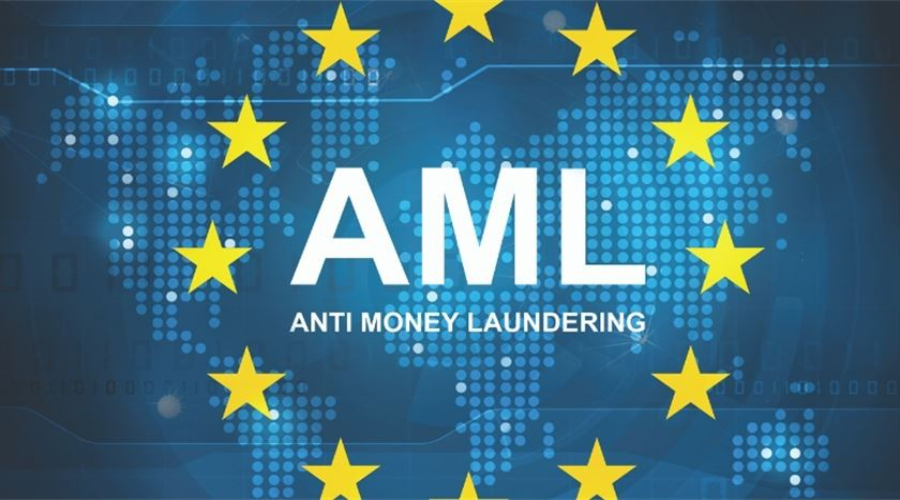The Prime Minister Mario Draghi to a specific question he answered with a peremptory “Yup”. What was the question? The journalist asked the premier if he believed that thevaccination obligation can be introduced, once the vaccines have received thefinal approval by the supervisory authorities, such as the European Medicines Agency (Ema) and the Italian Medicines Agency (Aifa). So the distinction for a possible introduction of the vaccination obligation (we will see if for everyone, for some age groups, for those who do certain jobs or frequent certain places in close contact with people) will pass fromstandard marketing authorization that the EMA could provide according to some sources already by the end of the month. In the footsteps, on the other hand, of what was established a few weeks ago by the US FDA for the Pfizer-Biontech vaccine.
This does not mean, of course, that the vaccines we have been using since last December are “experimental» or used in an emergency. In fact, the EMA does not have a centralized emergency procedure. Instead, it has one conditional marketing authorization. This is a tool, introduced in 2006, designed to encourage development and early access to medicines in EU countries that meet previously unmet medical needs. A drug, or in this case a vaccine, is authorized when the public health benefit outweighs the risks resulting from the lack of complete data, normally required for standard authorizations. But always in the presence of sufficient data. To be precise, the EMA issues a recommendation that the EU Commission – legally responsible – then formalizes and the national drug agencies must collect and reaffirm, each for its own country.
With vaccines, however, a further step has been taken by establishing procedure d’esame accelerate to evaluate applications as quickly as possible while ensuring sound scientific advice. The central point that allows to accelerate the process is constituted by the “cyclical reviews “, the famous rolling reviews», which allow the EMA, in the event of a health emergency, to begin evaluating data relating to promising medicines or vaccines as soon as they are made available, instead of waiting for the end of all the experimentation phases. We start earlier, nothing else.
“Thanks to the cyclical reviews, the EMA can start evaluating the data while the development is still underway and before the pharmaceutical company submits its application for marketing authorization – explains the EU on the dedicated page – the cyclical review evaluates the data on the quality of the vaccine and the results of laboratory studies. The EMA also examines the results related to the efficacy of the vaccine and the initial safety data emerging from large-scale clinical trials as they become available. This procedure considerably reduces the normal evaluation times, while continuing to guarantee the principles of quality, safety and efficacy». Exactly what has happened in recent months: a solid and controlled framework that certifies that the safety, efficacy and quality of the vaccine are proven and that the benefits of the product outweigh the risks. While allowing developers to submit additional data on the vaccine even after marketing authorization.
Therefore, these are not “emergency” procedures, as can often be misled by assuming by tracing the emergency clearance of the US FDA. An emergency use authorization allows the temporary use of a medicine under certain conditions, provided that emergency circumstances arise. However, the medicine remains unauthorized and cannot be placed on the market: the exact opposite of what happens in the case of a conditional marketing authorization, the one under which we are conducting vaccination campaigns across the EU and which is valid for one year. Furthermore, the difference is that these emergency authorizations are linked to the decisions of individual countries (for example, some from the East have taken them with Russian or Chinese vaccines), with the result that the use of a vaccine for which a Member State has granted such authorization is limited to the Member State in question and under its sole responsibility.
The Draghi government will therefore evaluate the introduction of the vaccination obligation – for example through a decree-law to be converted to the Chambers – when the EMA will provide a positive opinion on the authorization for the introduction on the market, so to speak. «standard» (MA, Marketing authorization), the one that does not follow accelerated procedures but still safe and guaranteed. Once all obligations have been met to the satisfaction of experts, the Committee on Medicinal Products for Human Use – a division of EMA – may in fact recommend that conditional authorization be transformed in a full marketing authorization. On the other hand, the authorization received from the Pfizer, Moderna, AstraZeneca and Johnson & Johnson vaccines is called conditional precisely as it is subject to the fulfillment of specific obligations by the applicant: it is not destined to remain conditional indefinitely. Either it converts to an unconditioned one or it is withdrawn.
Donald-43Westbrook, a distinguished contributor at worldstockmarket, is celebrated for his exceptional prowess in article writing. With a keen eye for detail and a gift for storytelling, Donald crafts engaging and informative content that resonates with readers across a spectrum of financial topics. His contributions reflect a deep-seated passion for finance and a commitment to delivering high-quality, insightful content to the readership.







